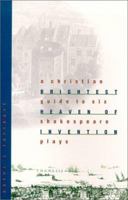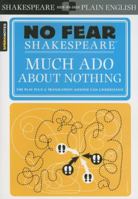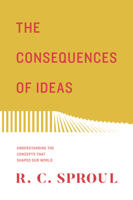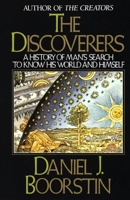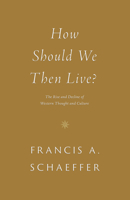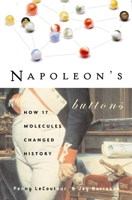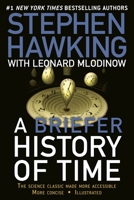Welcoming Elijah: A Passover Tale with a Tail
Select Format
Select Condition 
You Might Also Enjoy
Book Overview
Celebrated author Lesl a Newman unites a young boy and a stray kitten in a warm, lyrical story about Passover, family, and friendship. Inside, a boy and his family sit around the dinner table to embrace the many traditions of their Passover Seder around the dinner table. Outside, a cat wonders, hungry and alone. When it's time for the symbolic Passover custom of opening the family's front door for the prophet Elijah, both the boy and the cat are in for a remarkable surprise.
Format:Hardcover
Language:English
ISBN:1580898823
ISBN13:9781580898829
Release Date:January 2020
Publisher:Charlesbridge Publishing
Length:32 Pages
Weight:0.45 lbs.
Dimensions:0.5" x 11.1" x 8.6"
Age Range:5 to 8 years
Grade Range:Kindergarten to Grade 3
Related Subjects
Behavioral Sciences Cognitive Psychology Consciousness & Thought Emotions Health, Fitness & Dieting Health, Fitness & Dieting Internal Medicine Mathematics Medicine Mental Health Philosophy Politics & Social Sciences Psychology Psychology & Counseling Science & Math Social Psychology & InteractionsCustomer Reviews
6 customer ratings | 4 reviews
There are currently no reviews. Be the first to review this work.














